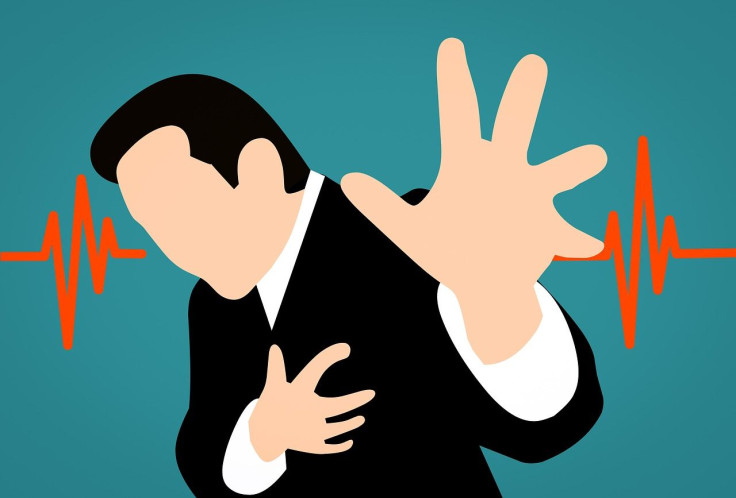8 Signs of Heart Problems During Exercise You Should Never Ignore

Exercise is vital for your cardiovascular health as well as overall well-being. And if done right, it is even safe to continue exercising regularly when you have heart diseases. But there are certain warning signs of heart diseases that you might experience during exercise and should not ignore:
1. Unusual Sweating
Although it is normal to sweat during exercise, if you experience nausea or break into a cold sweat, it could be a sign of a heart problem. Individuals who have suffered heart attacks have reported a sense of foreboding or an impending fear of danger.
2. Abnormal Heart Rhythms
If you feel palpitations, a thumping sensation or any other unusual rhythms, it could possibly indicate heart issues. It is recommended that you seek immediate medical attention if you happen to observe such unusual heart rhythms while exercising.
3. Difficulty Breathing
Unusual breathlessness alongside chest discomfort could indicate a heart attack or a precursor to it.
4. Lightheadedness or Feeling Dizzy
You could experience fatigue due to exercise. But if you feel dizzy or light-headed while exercising, it is not normal. Take it as a warning sign and stop working out immediately.
5. Pain That Stems From Your Heart (Angina Symptoms)
If you feel tightness, pressure or pain in your chest, alongside symptoms like jaw tightness, difficulty breathing, fatigue or nausea, it could be a sign of angina and not a heart attack.
6. Fainting
When you experience this along with chest pain, dizziness and shortness of breath while exercising, it could indicate Hypertrophic Cardiomyopathy.
7. Chest Tightness, Coughing and Wheezing
If you experience these symptoms during physical activity, it could be a sign of exercise-induced asthma. You are more likely to develop it if you have a family history of asthma.
8. Sharp pain, Swelling and Pain while breathing
Such symptoms could indicate muscle strain or injuries. Your intercostals muscles (those that help you breathe and stabilize your chest) might be injured. Straining due to regular exercise might make you prone to such muscle strain or tear.
Discuss with your doctor if you notice any new, unidentified or worsening chest pain or discomfort during physical activity. Seek immediate medical help if you experience any heart attack symptoms. Follow healthy lifestyle habits such as consuming a well-balanced diet, regular exercise and avoid activities that put you at risk of physical injuries.
© Copyright IBTimes 2025. All rights reserved.






















